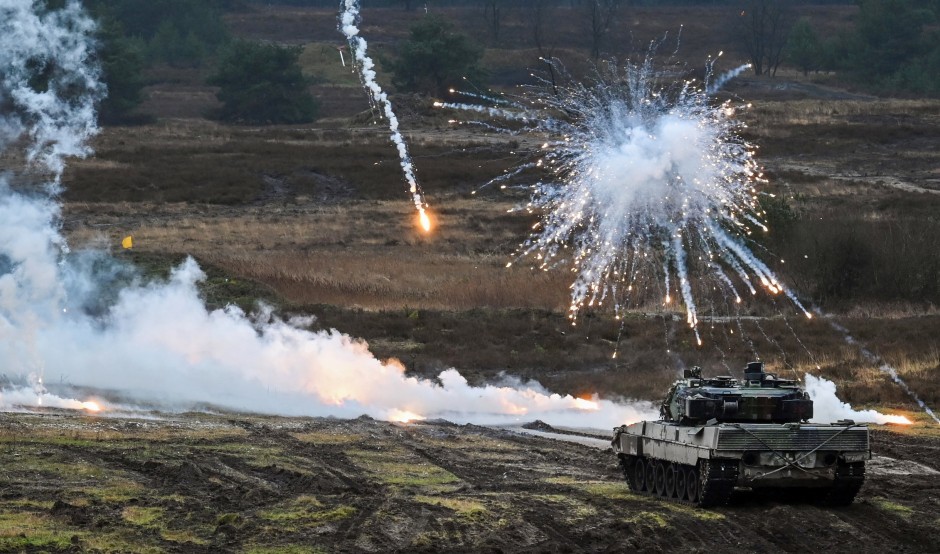
IIn one respect, the Ukraine war differs significantly from comparable conflicts in the past: the western public has probably never discussed the delivery of arms in such detail. There has always been material support for warring factions, not least during the Cold War. As a rule, however, these were secret programs, the extent of which was only known roughly. Today the governments in Washington and Berlin publish lists with detailed information about the delivered weapons, down to the number of cartridges.
That can be seen as an achievement, as democratic transparency in the digital age. However, this openness gives the Russian invaders a military advantage. You can assess the development of the Ukrainian clout well and adapt to newly arriving systems early on. In addition, and this is at least as problematic, decision-making becomes susceptible to (partisan) political manoeuvres.
Compensation for old mistakes
Nowhere is this as noticeable as in Germany. Unfortunately, the fact that the Federal Chancellor is complaining about an “outbidding competition” on this subject is not unfounded. The longer the war lasted, the more urgent and ultimate the demands for the delivery of ever new and heavier weapon systems became, not least from the traffic light coalition itself. Some scientists also fall into an activist mode, although they could have learned from the virologists that not everyone manages to protect their reputation in the heat of the media battle.
The fact that important sections of the public, especially opinion-formers, are tackling the most difficult questions that have arisen since World War II in a campaign style only appears to contradict the reserved, pacifist mood that prevailed in Germany up until Putin’s war of aggression. Many in the political class apparently want to compensate for the mistakes in Germany’s Russia policy by supporting Ukraine all the more loudly.
The primacy of the moral argument has survived the turn of the century, since society in the Federal Republic of Germany cannot get out of its skin. The Greens, which after all emerged from the peace movement, did a particularly good job of declaring the arms deliveries to Ukraine to be a good and just cause. However, this makes it easier to influence German decision-making from the outside. The former Ukrainian ambassador was a master at it, he once blamed Germany for many deaths in his country due to a lack of arms deliveries. Poland also put massive public pressure on the federal government on the tank issue.
interests are equated
The reason something like this can have an effect is that in the German debate, Ukrainian interests are often completely equated with Western ones. The fact that Ukraine is also defending “our freedom,” as the Foreign Minister says, is only indirectly correct. On February 24 last year Germany was not attacked; the poor Ukrainians are fighting for their own survival. Germany still lives safely behind the protective wall of NATO.
This is precisely where the most important difference of interest lies: Ukraine is already at war (through no fault of its own), and the West does not want to be drawn into it. Although this is so obvious and the much-cited risk of escalation plays a paramount role, especially for the American president, these aspects are usually only marginalized in the German debate. Hofreiter dismissed the possibility that Putin could use nuclear weapons in Ukraine as “psychological warfare”. That too is a German tradition in dealing with Russia: risks are defined away.
A rational strategy is certainly not the sweeping call for “diplomacy” with which many critics of the arms deliveries cover their willingness to give Putin what he wants. The interests of the West and Ukraine agree that Russia must be pushed back and contained. If you want to minimize the risk of entering the war yourself, then you pretty much end up with the step-by-step and coordinated approach that the West has practiced up to now.
The delivery of modern combat aircraft would undoubtedly strengthen Ukraine. That they must “not touch Russian territory”, which Macron calls a condition, is ultimately a question of trust in Kyiv; a matter of consideration are possible Russian reactions. The overall strategic picture should remain decisive, not the noise in the political scene.







